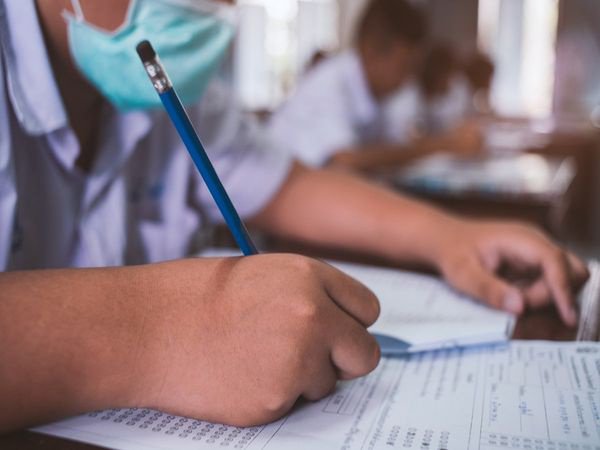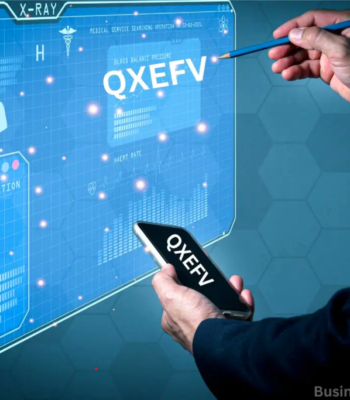Introduction to the National Education Policy (NEP) 2024
Key Goals of the NEP 2024
- Improving Access to Education
- Enhancing Quality of Education
- Promoting Research and Innovation
Structural Changes in the Education System
- Flexibility in Curriculum
- Emphasis on Vocational Education
- Strengthening Teacher Training
Technological Integration in Education
- Digital Learning Platforms
- Use of Artificial Intelligence and Data Analytics
Inclusive Education and Diversity
- Focus on Gender Parity
- Integration of Special Needs Education
Role of Stakeholders in Implementing NEP 2024
- Government Initiatives
- Involvement of Educational Institutions
- Participation of Communities and Parents
- Implementation Challenges
- Concerns about Privatization
- Addressing Socio-economic Disparities
The education landscape of any nation is pivotal in shaping its future generations and fostering progress. In this vein, the unveiling of the National Education Policy (NEP) 2024 marks a significant milestone in the journey of educational reform in our country. Let’s delve into the intricacies of this policy, understanding its objectives, structural changes, technological advancements, inclusivity measures, stakeholder roles, challenges, and future prospects.
Introduction to the National Education Policy (NEP) 2024
The NEP 2024 represents a comprehensive blueprint aimed at revamping the education sector to align with the demands of the 21st century. Building upon the foundations laid by its predecessors, this policy emphasizes the holistic development of learners, catering to the diverse needs of a rapidly evolving society.
Key Goals of the NEP 2024
Improving Access to Education
One of the primary objectives of the NEP 2024 is to ensure equitable access to quality education across all strata of society. By addressing issues of affordability, infrastructure, and outreach programs, the policy aims to eradicate barriers hindering the educational aspirations of marginalized communities.
Enhancing Quality of Education
Quality assurance remains a cornerstone of the NEP 2024, with a focus on upgrading educational standards at all levels. Through curriculum reforms, teacher empowerment initiatives, and assessment mechanisms, the policy endeavors to foster a conducive learning environment conducive to academic excellence and skill development.
Promoting Research and Innovation
Recognizing the pivotal role of research and innovation in driving socio-economic progress, the NEP 2024 advocates for a robust ecosystem conducive to scientific inquiry and technological advancements. By fostering a culture of curiosity and experimentation, the policy aims to nurture a new generation of innovators and problem-solvers.
Structural Changes in the Education System

Flexibility in Curriculum
The NEP 2024 advocates for a flexible curriculum framework that encourages interdisciplinary learning and holistic skill development. By offering students a diverse range of subjects and elective courses, the policy aims to cater to individual interests and aptitudes, fostering creativity and critical thinking.
Emphasis on Vocational Education
In line with the evolving job market trends, the NEP 2024 places a strong emphasis on vocational education and skill training programs. By aligning educational curricula with industry requirements, the policy seeks to empower students with practical skills and entrepreneurial acumen, enhancing their employability prospects.
Strengthening Teacher Training
Recognizing the pivotal role of educators in shaping the future of the nation, the NEP 2024 prioritizes teacher training and professional development initiatives. By equipping teachers with pedagogical skills, technological know-how, and emotional intelligence, the policy aims to enhance teaching effectiveness and student engagement.
Technological Integration in Education
Digital Learning Platforms
In an increasingly digitized world, the NEP 2024 underscores the importance of leveraging technology to augment the learning experience. By promoting the use of digital learning platforms, interactive multimedia content, and online resources, the policy seeks to democratize access to education and foster self-directed learning.
Use of Artificial Intelligence and Data Analytics
Harnessing the power of artificial intelligence and data analytics, the NEP 2024 aims to personalize the learning experience, catering to individual learning styles and preferences. By leveraging predictive analytics and adaptive learning algorithms, the policy seeks to optimize educational outcomes and student performance.
Inclusive Education and Diversity
Focus on Gender Parity
Promoting gender parity and inclusivity remains a key priority of the NEP 2024, with a focus on eliminating gender-based disparities in educational access and attainment. By implementing gender-sensitive policies, creating safe learning environments, and empowering female students, the policy aims to foster a more equitable society.
Integration of Special Needs Education
Embracing the principles of inclusive education, the NEP 2024 advocates for the integration of special needs education within mainstream schools. By adopting universal design principles, providing assistive technologies, and offering tailored support services, the policy aims to empower students with disabilities to fulfill their educational potential.
Role of Stakeholders in Implementing NEP 2024
Government Initiatives
The successful implementation of the NEP 2024 hinges upon the proactive involvement of governmental agencies and policymakers. By allocating sufficient funding, enacting supportive legislation, and monitoring progress, the government plays a pivotal role in driving educational reform and fostering systemic change.
Involvement of Educational Institutions
Educational institutions serve as the frontline agents of change in realizing the objectives of the NEP 2024. By aligning institutional policies with the mandates of the policy, fostering collaboration with industry stakeholders, and nurturing a culture of innovation, schools and universities can contribute significantly to educational transformation.
Participation of Communities and Parents
The active involvement of communities and parents is essential in creating an enabling environment for learning and development. By fostering partnerships between schools, families, and local community organizations, the NEP 2024 aims to cultivate a sense of collective responsibility and ownership towards education, ensuring the holistic development of learners.
Challenges and Criticisms
Implementation Challenges
Despite its noble intentions, the successful implementation of the NEP 2024 is fraught with challenges such as bureaucratic red tape, resource constraints, and resistance to change. Overcoming these hurdles requires concerted efforts from all stakeholders, along with a willingness to adapt and innovate in the face of adversity.
Concerns about Privatization
Critics of the NEP 2024 raise concerns about the potential for increased privatization and commercialization of education, exacerbating socio-economic disparities and undermining the principle of equitable access. Addressing these concerns necessitates stringent regulatory mechanisms, transparency in decision-making, and safeguarding the interests of marginalized communities.
Addressing Socio-economic Disparities
Socio-economic disparities continue to pose a formidable challenge to the inclusive aspirations of the NEP 2024. By addressing issues of poverty, inequality, and social exclusion, the policy aims to create a more level playing field wherein every child has the opportunity to thrive and fulfill their potential irrespective of their background or circumstances.
Conclusion
The National Education Policy 2024 heralds a new era of transformation and growth for education in India. By addressing the evolving needs of the society and leveraging the potential of technology and innovation, the policy paves the way for a brighter and more inclusive future.






